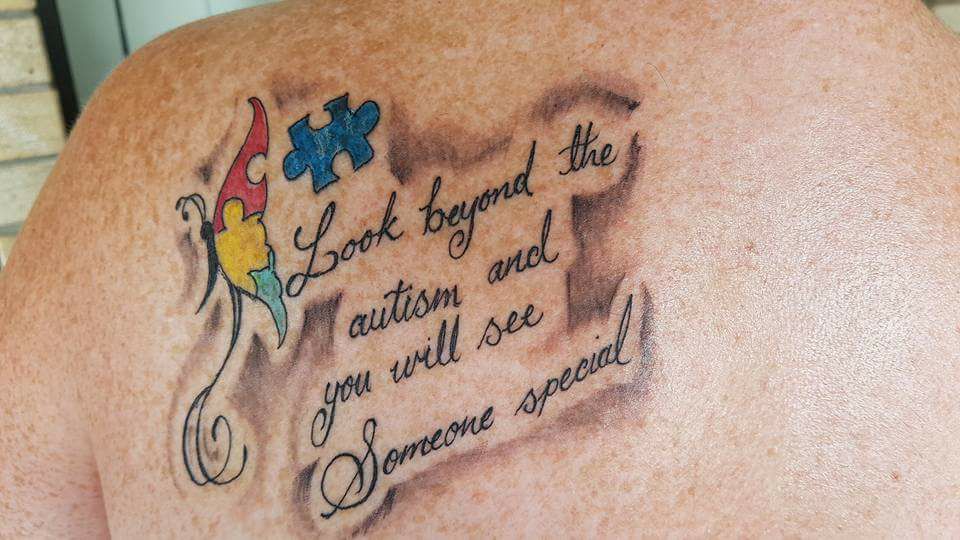A lack of interest, training and pay may limit the supply of specialists best equipped to diagnose and treat children with autism.
When Natasha Marrus started her residency in general psychiatry in 2007, none of her 11 classmates ever mentioned autism. They eagerly discussed schizophrenia and bipolar disorder, and occasionally a “really tough” resident would talk up personality disorders, recalls Marrus, now a child psychiatrist at the Autism Clinical Center at Washington University in St. Louis, Missouri. But even those who were considering working with children did not share her interest in autism.
Sarah Spence had a similar experience while training to become a neurologist in the 1990s. “My boss was thrilled I wanted to do autism, because nobody in neurology did this,” says Spence, co-director of the Autism Spectrum Center at Boston Children’s Hospital.
Decades later, both scientists are still in the minority: According to the latest estimates, there are more than 1 million autistic children in the United States but only about 8,300 child psychiatrists, 1,500 child neurologists and 1,000 developmental-behavioral pediatricians. And within those small numbers, autism remains an unpopular choice: “It’s not a perfect analogy, but I feel like autism within psychiatry is like psychiatry within medicine,” Marrus says.
These doctors are not alone on the frontlines of autism. Psychologists play a crucial role in screening for and diagnosing the condition, and some also provide behavioral therapy. But because autistic children frequently have additional psychiatric conditions, as well as physical ones such as epilepsy, frequent infections, sleep disorders and gastrointestinal problems, they benefit greatly from the medical expertise specialized pediatricians can offer.
Read the full article here
